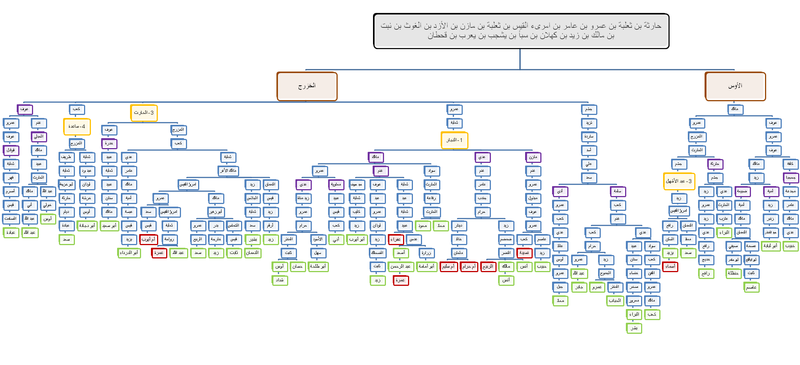
Helpers
Helpers: The Unsung Heroes of Society
In a world often dominated by individualism and self-interest, the concept of helping others stands as a beacon of altruism. "Helpers"—those individuals who dedicate their time, energy, and resources to assist others—play a crucial role in the fabric of society. This blog post explores the multifaceted nature of helpers, delving into their motivations, the psychological and social implications of their actions, and the broader impact they have on communities.
The Nature of Helping
At its core, helping behavior is rooted in empathy. Psychologists have long studied the phenomenon of altruism, which manifests as selfless concern for the well-being of others. One of the most widely cited theories is the Empathy-Altruism Hypothesis, proposed by social psychologist Daniel Batson. According to this view, when individuals feel empathy for someone in distress, they are more likely to engage in helping behaviors, even at a cost to themselves.
Helping can take various forms, from small, everyday acts of kindness to significant, life-altering interventions. Research indicates that helpers often operate within a framework of social norms that encourage aiding those in need. This framework is influenced by cultural, social, and familial factors. For instance, studies show that cultures emphasizing collectivism tend to foster more helping behaviors compared to those rooted in individualism.
The Helpers’ Motivation
Understanding what drives these individuals to help is a complex endeavor. While some helpers are motivated by a genuine desire to alleviate suffering, others may have ulterior motives, such as seeking social approval or enhancing their self-esteem. A study conducted by the University of California revealed that people who engage in helping behaviors report higher levels of happiness and life satisfaction, suggesting that altruism can serve as a pathway to personal fulfillment.
Moreover, the motivations for helping can evolve over time. For instance, a person might initially volunteer to enhance their resume but later develop a genuine passion for the cause. This shift in motivation can lead to deeper emotional connections with the community they serve, fostering a cycle of continued engagement.
The Impact of Helpers on Communities
Helpers do not merely impact individuals; their contributions can ripple through communities, leading to significant social change. Nonprofit organizations, volunteer groups, and community initiatives often rely on the dedication of helpers to address pressing societal issues, from poverty and hunger to education and healthcare disparities.
One notable example is the impact of volunteerism during disasters. During crises, such as natural disasters, the presence of helpers can mean the difference between chaos and order. According to a report from the National Voluntary Organizations Active in Disaster (NVOAD), volunteers have been instrumental in providing immediate relief, rebuilding communities, and offering emotional support to those affected. Their efforts not only facilitate recovery but also foster resilience within communities, empowering individuals to take an active role in their own healing process.
The Psychological Benefits of Helping
Engaging in helping behaviors can have profound psychological benefits, both for the helper and the recipient. Numerous studies indicate that helping others can lead to decreased levels of stress, anxiety, and depression. The act of giving, whether through time or resources, triggers the release of endorphins, often referred to as the "helper’s high." This biochemical response creates a sense of well-being and reinforces the desire to continue helping.
Furthermore, helpers often experience a phenomenon known as the "social connection effect." When individuals engage in altruistic acts, they forge bonds with others, creating a sense of belonging and community. This social connectivity is crucial for mental health, as it combats feelings of loneliness and isolation, which are increasingly prevalent in today’s fast-paced, technology-driven society.
The Challenges Helpers Face
Despite their noble intentions, helpers often encounter significant challenges. Burnout is a common issue among those who dedicate themselves to helping others, especially in high-stress environments such as healthcare and social services. Compassion fatigue, characterized by emotional exhaustion and a diminished capacity to empathize, can lead to decreased effectiveness and even withdrawal from helping roles.
Moreover, systemic barriers can hinder the efforts of helpers. Poverty, lack of resources, and bureaucratic red tape can impede their ability to effect meaningful change. Addressing these challenges requires not only individual commitment but also societal support, including policies that recognize and empower the work of helpers.
Conclusion
Helpers are the backbone of a compassionate society, embodying the ideals of empathy, altruism, and community engagement. Their motivations are complex and varied, yet the impact of their actions is undeniably profound. By understanding the nature of helping, we can appreciate the psychological benefits it offers and acknowledge the challenges helpers face. Ultimately, fostering a culture that values and supports helping behaviors can lead to a more connected, resilient, and compassionate society. As we navigate the complexities of modern life, let us not forget the power of helping and strive to cultivate it in our everyday interactions. In the words of the philosopher Albert Schweitzer, "The purpose of human life is to serve, and to show compassion and the will to help others." By embracing this ethos, we can all be helpers in our own right.